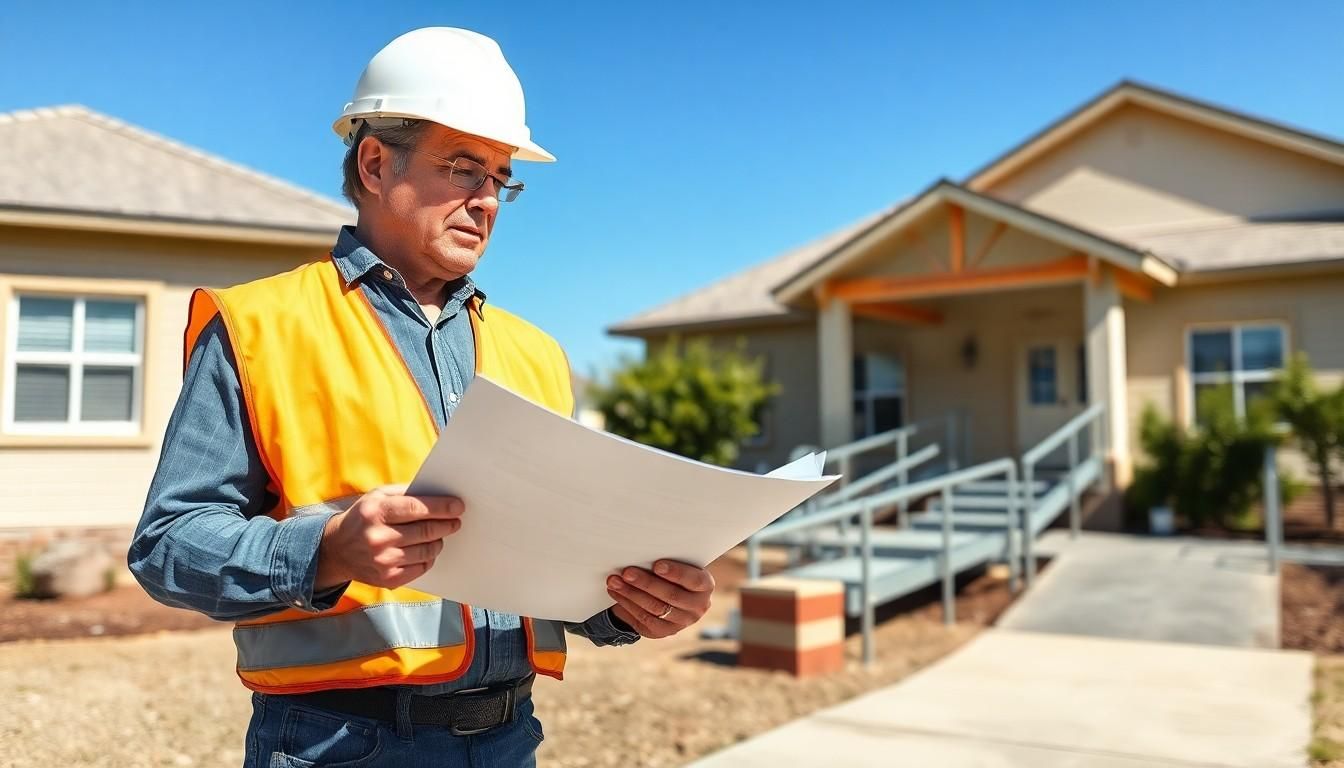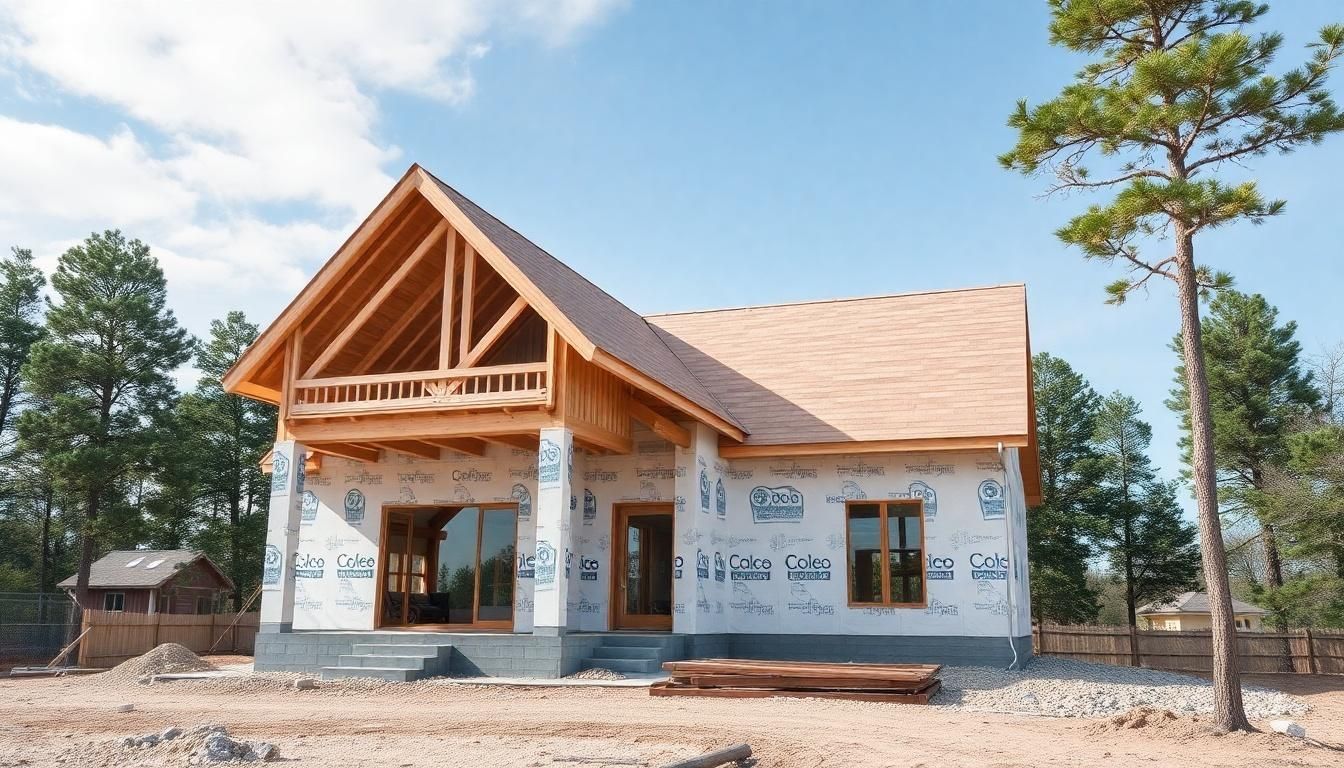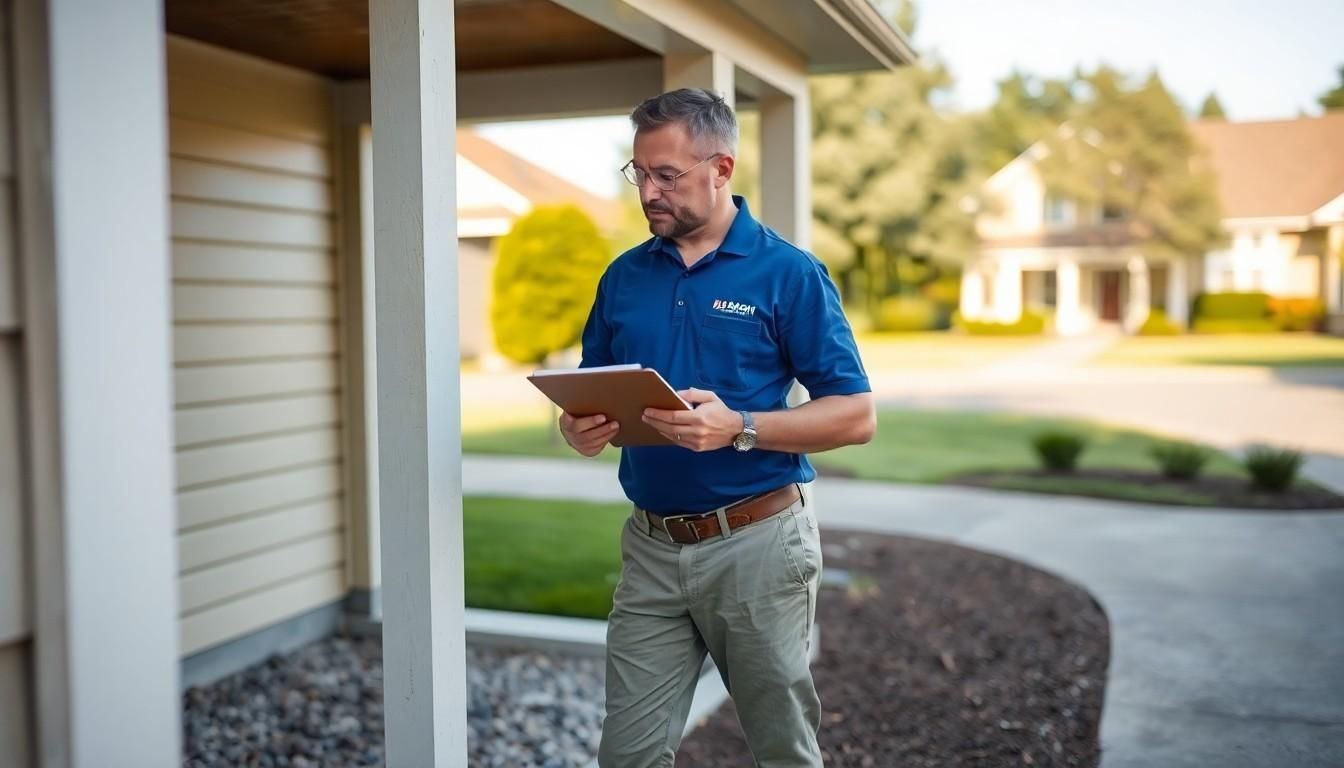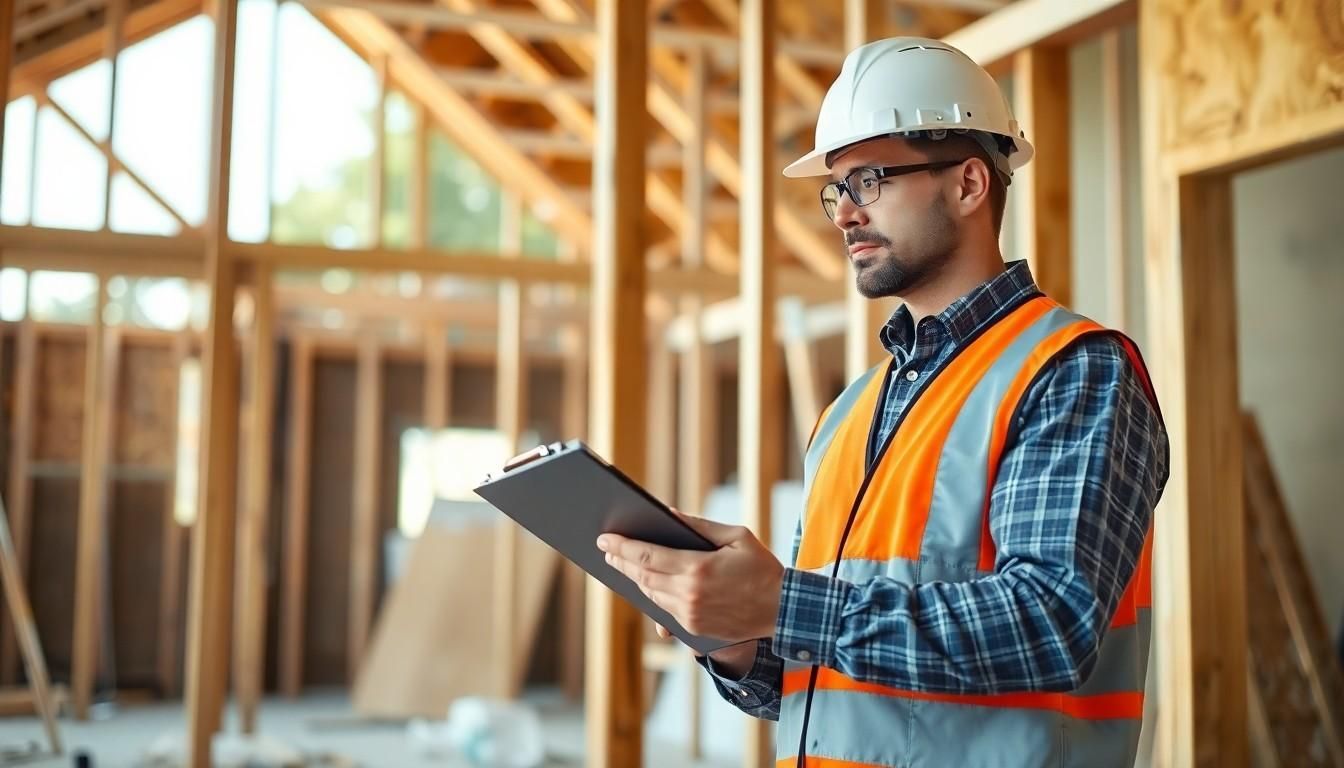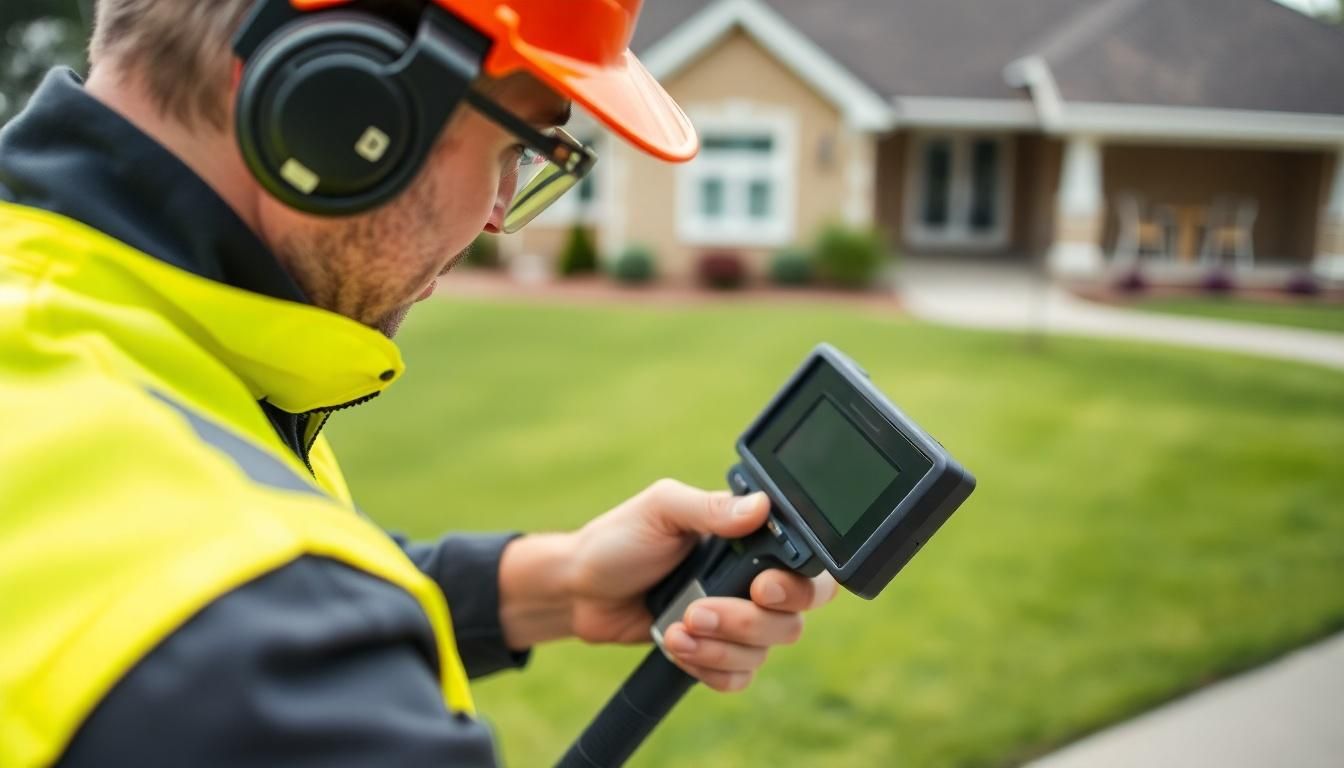Understanding the Purpose of a Home Inspection Benefits
- Home inspections are essential during home buying, uncovering hidden defects like structural problems, faulty wiring, and roof damage.
- Inspections aid in negotiations, allowing buyers to request repairs or price adjustments, potentially saving around $14,000.
- Common inspection areas include foundation, roof, electrical, plumbing, drainage, and HVAC systems.
- Typical issues found: foundation cracks, roof leaks, and faulty wiring.
- Hiring a qualified inspector is crucial; check credentials and focus on experience.
- Buyers should attend inspections to understand the property's condition and make informed decisions.
Why gamble on a financial black hole when investing in a new home? Home inspections serve as a vital tool for prospective homeowners, offering a safeguard against unforeseen expenses lurking behind the walls. By exposing hidden defects, such as faulty wiring or structural damage, inspections enable informed decision-making and potentially reshape real estate negotiations.
Understanding the importance of a home inspection not only provides peace of mind but also secures your financial future. In this guide, you'll uncover the critical insights and long-term benefits a thorough inspection can provide to every homeowner.
Understanding the Purpose of a Home Inspection
Home inspections are vital in the home buying process. They give buyers key insights that help in making informed decisions. Inspections can uncover hidden defects like structural problems, faulty wiring, and roof damage, which aren't always visible at first. By spotting these issues early, inspections can influence real estate deals. Buyers then have the chance to renegotiate terms or even back out if needed. This process prevents unexpected costs and ensures buyers know the property's condition before purchase.
Inspections don't just find problems; they also ensure safety and help in financial decisions. Inspections can reveal hazards like electrical faults or structural issues that could risk occupants' safety. Financially, a thorough inspection saves buyers from houses needing costly repairs. It protects their investment by giving them a clear picture of the property's state. This knowledge helps buyers avoid potential pitfalls and hefty expenses down the road.
Key areas often include:
- Structural problems
- Faulty wiring
- Roof damage
- Plumbing issues
- Drainage problems
Home Inspection Process and Checklist
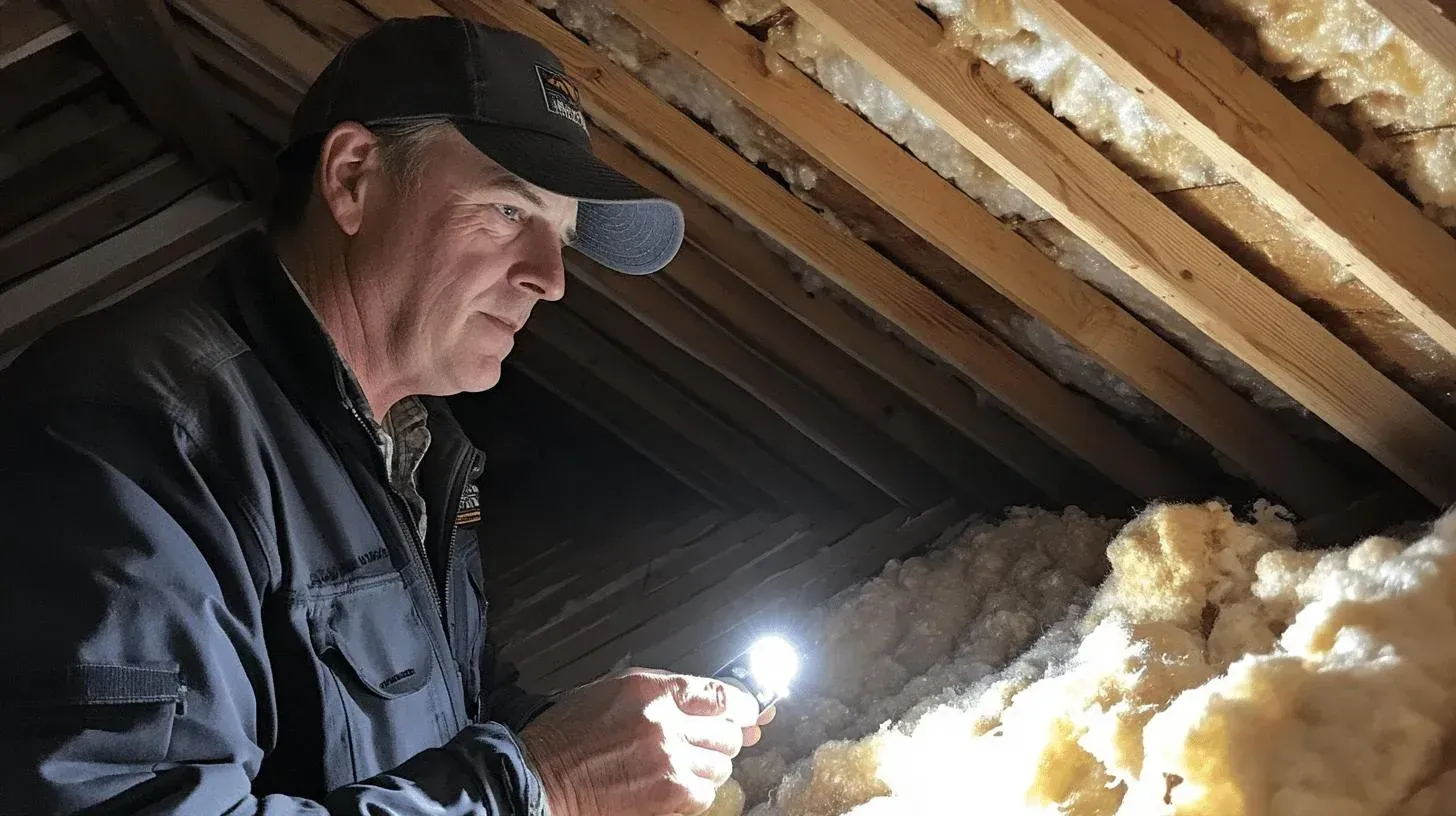
A home inspection assesses a property's overall condition. Qualified inspectors conduct them in about two to three hours, evaluating everything from the roof to the foundation. They visually examine the house's structure and systems to spot defects or safety concerns unknown to most. This detailed process informs potential buyers about the property's current state, guiding their purchasing decisions.
Key components checked during a home inspection include the foundation, drainage, electrical wiring, plumbing, and roof. Inspectors look for settling or cracks indicating structural issues. Drainage systems ensure water flows away, avoiding damage. Electrical checks focus on wiring safety and outlet functions, especially Ground Fault Circuit Interrupter (GFCI) outlets near water. Plumbing is checked for leaks and proper water flow, while the roof is assessed for wear, leaks, or damage.
Common inspection areas also include:
- HVAC systems
- Insulation and ventilation
- Windows and doors
- Attic and basement
- Exterior walls and siding
- Appliances
| Instpection Area | Common Issues |
|---|---|
| Foundation | Cracks, settling |
| Roof | Leaks, damaged shingles |
| Electrical | Faulty wiring, non-functional outlets |
| Plumbing | Leaks, low water pressure |
| Drainage | Poor water flow, water pooling |
| HVAC Systems | Inadequate heating/cooling, outdated units |
Benefits of Home Inspections for Buyers
Home inspections are key for buyers during negotiations, uncovering critical issues not seen at first glance. By highlighting problems like structural damage or electrical faults, inspections let buyers negotiate repairs or request credits from sellers, safeguarding their financial stake. Buyers use the inspection report to demand fixes or adjust the purchase price. This prevents surprise expenses after buying.
Inspections can lead to big savings, helping buyers save around $14,000 on the final sale price through negotiations. This is achieved by addressing major repairs upfront or getting cash credits to handle repairs themselves. Understanding the property's condition helps buyers make smart choices, avoiding future costs and ensuring a sound investment. This foresight protects them from unexpected repairs and enhances the property's value over time.
Common negotiation points include:
- Price adjustments
- Repair agreements
- Seller credits
- Contract renegotiation
- Withdrawal from purchase
Common Home Inspection Findings and Their Implications
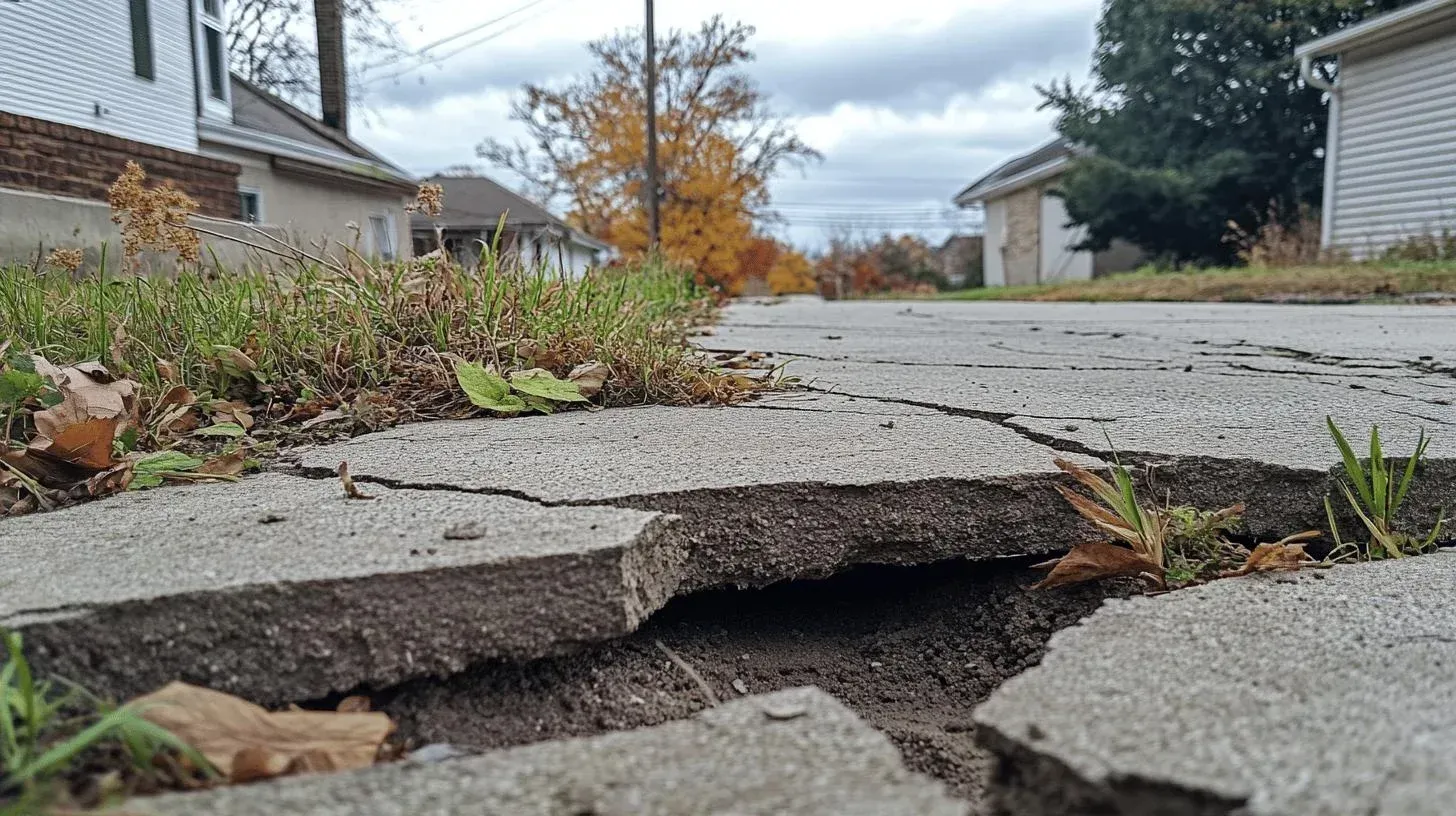
Understanding common findings in a home inspection is key for both buyers and sellers. These findings can greatly affect a property's value and safety. Structural problems like foundation cracks can indicate serious instability, requiring costly repairs. Electrical issues, such as faulty wiring or non-functional outlets, pose safety risks and can cause fires if not fixed. These findings help buyers assess the property's condition accurately and decide if further evaluation is needed.
Inspection findings strongly influence negotiations. Discovering major issues, like drainage problems or roof damage, gives buyers leverage for better terms. For instance, they can ask the seller to fix problems before sale completion or negotiate a lower purchase price to cover needed repairs. Sometimes, significant findings may allow buyers to exit the deal without penalty, avoiding unforeseen liabilities.
Common issues include:
- Roof damage
- Plumbing leaks
- Foundation cracks
- Faulty electrical wiring
- Poor drainage
Effectively addressing these issues often involves renegotiation or repair requests. Buyers should use the inspection report as evidence, working with real estate agents to specify repairs or seek compensation. By managing these findings, buyers protect their investment and ensure the property meets their standards before purchase.
Hiring a Qualified Home Inspector
Hiring a licensed and experienced home inspector is crucial for a thorough property evaluation. A qualified inspector can spot issues like structural defects or safety hazards that aren't obvious. The inspection's value depends on the inspector's skills, so choose a professional with the right credentials. MyAccurateHomeServices is home to some of the best home inspectors, offering a range of services that are guaranteed to give you the best home health report.
Key steps include:
- Checking licensing and certification
- Seeking referrals from trusted sources
- Reviewing testimonials and ratings
- Confirming experience and expertise
- Asking about inspection scope and specialized services
Attending the inspection offers many benefits. It lets buyers ask questions and understand the property's condition better. Being present provides firsthand insights into issues and allows immediate clarification. This engagement helps buyers make informed decisions, ensuring they comprehend the inspection report and protect their investment.
Final Words
Examining the details of the home inspection process highlights its critical role in residential transactions. From evaluating potential issues to empowering negotiation with sellers, understanding the purpose of a home inspection is key. Its significance is apparent in ensuring safety and financial clarity, offering peace of mind for buyers and sellers alike.
The insights gained can guide informed decisions, showcasing why investing in a thorough inspection is beneficial. Embracing these practices leads to enhanced confidence in property transactions and contributes to a smoother home-buying experience.
FAQ
What is the primary purpose of a home inspection, and what does it typically include?
The primary purpose of a home inspection is to provide an objective evaluation of a property’s safety, structural integrity, and major systems, safeguarding buyers from unforeseen issues. A home inspection covers the property's physical structure and major systems such as foundation, roofing, electrical, plumbing, and drainage to identify potential home issues.
What are the most important areas home inspectors look at?
The five most important areas home inspectors look at include the roof, foundation, electrical system, plumbing system, and HVAC system to ensure the functionality and safety of the home. Common problems with the home that can fail an inspection include structural damage, faulty wiring, plumbing leaks, roof damage, and foundation cracks, which may require significant repairs.
What is a four-point inspection, and how does it affect home insurance?
A four-point inspection focuses on four key areas: roofing, electrical systems, plumbing systems, and heating and cooling. This type of inspection is complete before securing home insurance, ensuring the home meets safety standards and does not pose significant risks to insurers. A home inspection could impact home insurance rates if major system failures or safety issues are found. Insurers may require repairs or even deny coverage if the home inspection report reveals electrical wiring, plumbing, or foundation issues.
Why should I never skip a home inspection when buying a house?
Choosing to skip a home inspection can leave home buyers vulnerable to hidden issues that may require big-ticket repairs. Even if a newly constructed home looks perfect, an inspection helps identify potential problems that could cost thousands in the long run.
What are the biggest red flags in a home inspection?
The biggest red flags in a home inspection include major structural issues, such as foundation cracks, roof damage, or significant plumbing leaks. These problems can lead to costly repairs and compromise the property’s safety.
What fixes are mandatory after a home inspection?
Mandatory fixes post-inspection depend on the contract, but safety hazards like faulty wiring, plumbing issues, or foundation problems typically need to be addressed before finalizing the sale.
How much do home inspections cost?
The cost of home inspections can vary based on home size, location, and inspection scope. On average, a professional home inspection costs between $300 to $500, though specialty inspections or additional testing may increase the price.
What should buyers do with the home inspection findings?
Buyers can use home inspection findings to negotiate price adjustments, request repairs, or even withdraw from the purchase, ensuring a fair deal and investment protection.
What role does a real estate agent play in the home inspection process?
A real estate agent helps buyers choose a good inspector, guides them through the home buying process, and assists in negotiation based on the home inspection report. They ensure homeowners understand inspection contingencies and help them navigate repair requests or price adjustments.
What is the American Society of Home Inspectors (ASHI), and why is it important?
The American Society of Home Inspectors (ASHI) is a respected organization that sets high industry standards for home inspectors. Hiring an inspector certified by ASHI or the International Association of Certified Home Inspectors ensures a thorough home inspection from a qualified professional.
How should sellers prepare for a home inspection?
Sellers should plan for the cost of pre-inspection repairs, ensure major systems like heating and cooling are functioning properly, and make the home accessible for inspections. This helps present the property in the best condition and increases the home value.
What questions should be asked of a home inspector during the inspection?
Buyers should ask about potential issues, maintenance recommendations, the severity of any findings, and clarification on technical aspects to make informed decisions.

